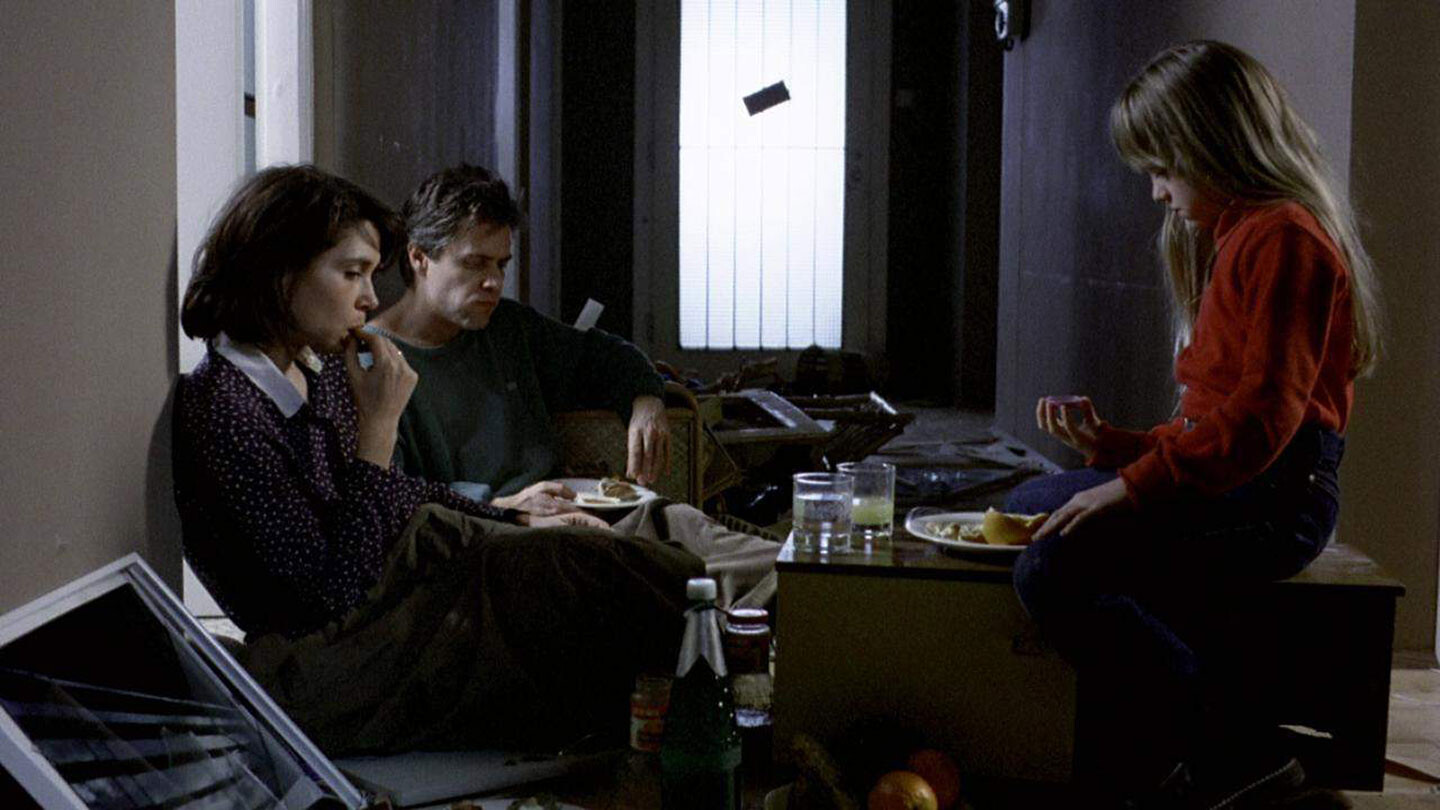Infused with an adverbial ideal of acting, feeling, and thinking modeled on the experience of an electric shock, the modern individual who struggles to escape gentrification is indeed no longer moved by what remains the same. They have lost their interest in fixed identities; what does not vary receives scant notice: an indefinitely repeated act, typical of the standardized world of work, seems intolerable to them. The very idea of eternity makes them yawn; marble leaves them cold. Everything that denies life and the musical variations that compose it breeds impatience: perfection and the absolute appear to them like an ontological flaw, an inability to become something else, the result of a serious intensity deficiency. The supreme objects of religious contemplation and wisdom strike them as extraordinarily flimsy. They love music for the changes, with repetition a taste of hell to come. Like Kierkegaard’s hero, they demand the possible or else they suffocate, and not only then; as soon as they are forced to recognize what they know, they gasp for air. What stays the same makes no difference to them. They need either less or more. They would rather change their mind even if the outcome is uncertain than stick to established certainties. Endlessly curious, they are ready to taste pain just as much as pleasure, as long as there is some change and movement, and the sound of being alive—melodious or dissonant—can be heard.
